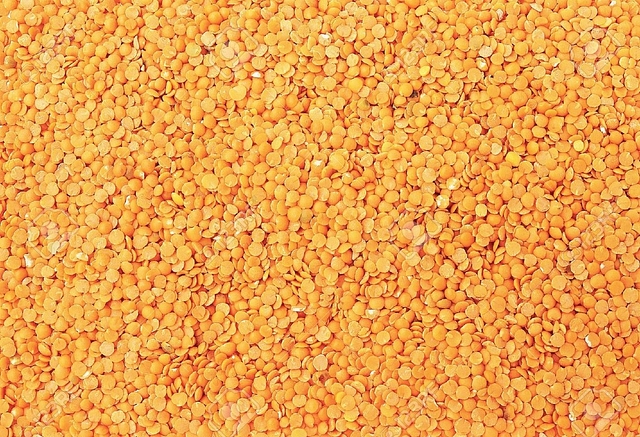
Pulses: Here’s Why There Is A Shortage Despite Doubling Imports
On 30 September, the Government of India gave the go-ahead to import 80,000 tonnes of Masur and 90,000 tonnes of Tur to boost the stock of pulses.
This was decided at a meeting of Price Stabilisation Fund chaired by Union Consumer Affairs Secretary Shri Hem Pande.
The procurement and distribution of pulses from buffer stock was revised during the meeting. Government agencies have commissioned about 181,000 tonnes of pulses for import, out of which 36,000 tonnes have arrived. In addition, they have procured more than 120,000 tonnes of pulses from the domestic market and farmers.
The Consumer Affairs Department has asked National Cooperative Consumers' Federation of India Limited and National Agricultural Cooperative Marketing Federation of India Ltd to sell the Tur and Urad pulses through their outlets in cities other than Delhi. These agencies are selling Tur at Rs 105 a kilo and Urad at Rs 120 per kilo.
It was decided at the meeting to procure pulses directly from farmers. During current Kharif season, number of procurement centres has been increased to 417, and more will be opened if required.
Meanwhile, due to inadequate rainfall, the output of pulses has seen a decline in the country. Last year, the output was 17.06 million tonnes, compared to 19 million tonnes in 2013-14.
Union Food Minister Ram Vilas Paswan said this year the output is expected to be 20 million tonnes, with the country's annual demand being about 23 million tonnes.
One key reason for the output shortfall is that pulses are neglected crops and the government has not taken any corrective steps.
Pests are also adding to the woes of farmers, with about 30-40 percent of the harvest being lost to infestations. If genes toxic to these pests are grafted into these plants through genetic modification, losses can be stemmed. But the government has not shown any desire to take on opponents of the technology and approve these strains for planting.
These are just two issues. Pulses have usually not received the attention of the government and farmers. Hopefully, with increased demand and imports, this will change.
With inputs from PIB.